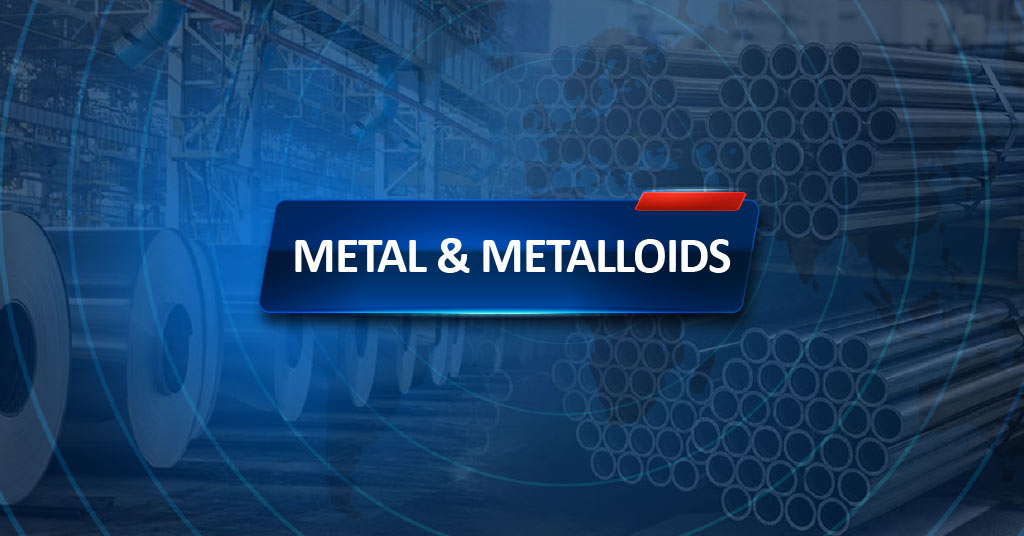Welcome To ChemAnalyst

Germany: In the European market, Zinc Ingot prices are falling as rising natural gas prices force regional factories to close or curtail their production activity. According to market participants, Europe's energy crisis is putting a strain on the region's industrial capacity, with zinc smelters going into care and maintenance. Furthermore, smelting has been specified as the weakest link in the global Zinc Ingot supply chain this year, resulting in extreme tightness in the physical market. Manufacturers cited that the rising inventories amidst a pessimistic demand outlook and increasing tension are reflected in the current Zinc Ingot price and the London Metal Exchange (LME) contract.
As per our sources, the European Zinc Ingot manufacturing plants adjust their run rates to avoid peak power pricing periods as the region's smelter sector battles a lethal margin squeeze. Glencore has recently reduced the Zinc Ingot production at its Nordenham plant in Germany for maintenance beginning November 1. Company officials cited various external factors affecting the business and the major European industry. However, the energy crisis remains the most crucial factor in Europe. According to suppliers, this is the third West European zinc smelter to close from the last year as operators struggle to keep up with rising power prices.
According to Manufacturers, Except in china, the overall 829,900 MT/year of zinc smelting capacity was impacted worldwide as of October 14, 2022. In general, supply and demand in the international market fell, but the risk of an economic downturn continued to influence Zinc Ingot prices. LME zinc is expected to trade in USD 2750-3,090/MT while trending lower prices. This year, Europe is already on track to lose 234,000 tonnes of refined zinc production.
ChemAnalyst anticipates that Zinc Ingot prices will rise further in the upcoming months amidst traditional seasonal demand. Furthermore, the smelter crisis is unlikely to abate until Europe addresses its energy issues and manages the spillover effects on its metal producers. If the European government intervein in the energy crisis and regulates proper policies to lower energy costs, then there is a chance that Zinc Ingot Smelters will restart the production lines in the upcoming months. If the mills resume operating, the forthcoming Zinc Ingot winter inquiries will save the profit margins of these domestic smelters.
We use cookies to deliver the best possible experience on our website. To learn more, visit our Privacy Policy. By continuing to use this site or by closing this box, you consent to our use of cookies. More info.
